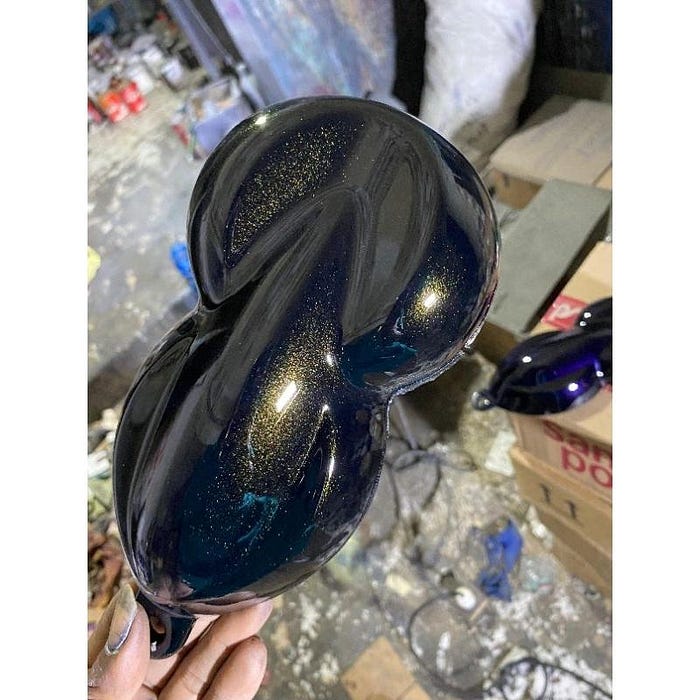"A group of five people sat around a campfire in a barrel next to a table of bread, donuts, oranges, graham crackers and water. Green grass with no garbage stretched out between the clusters of tents.”
The quote comes from an article in The Wisconsin State Journal, "City softens approach to close homeless camp, explores options for men's shelter site."
I had to read the quote carefully to see what was so funny about Meade's interpretation and then I laughed a lot.
A group of five people sat... in a barrel next to a table of bread.... Green grass... stretched out....
Of course, the problem of homelessness isn't funny, though if you have the patience to read the linked article, you might find the slow-moving confusion of city officials something to laugh at.
FROM THE EMAIL: Douglas is reminded of the 3 Wise Men of Gotham. Here's the nursery rhyme:
Three wise men of Gotham,But what's the story behind that? Wikipedia explains:They went to sea in a bowl,
And if the bowl had been stronger
My song would have been longer
The story goes that King John intended to travel through [the village of Gotham, Nottinghamshire]. At that time in England, any road the king travelled on had to be made a public highway, but the people of Gotham did not want a public highway through their village. The villagers feigned imbecility when the royal messengers arrived.
Wherever the messengers went, they saw the rustics engaged in some absurd task. Based on this report, John determined to have his hunting lodge elsewhere, and the wise men boasted, "We ween there are more fools pass through Gotham than remain in it."
According to the 1874 edition of Blount's Tenures of Land, King John's messengers "found some of the inhabitants engaged in endeavouring to drown an eel in a pool of water; some were employed in dragging carts upon a large barn, to shade the wood from the sun; others were tumbling their cheeses down a hill, that they might find their way to Nottingham for sale; and some were employed in hedging in a cuckoo which had perched upon an old bush which stood where the present one now stands; in short, they were all employed in some foolish way or other which convinced the king's servants that it was a village of fools, whence arose the old adage, "the wise men of Gotham" or "the fools of Gotham". ...
Reminded of the foolish ingenuity of Gotham's residents, Washington Irving gave the name "Gotham" to New York City in his Salmagundi Papers (1807). The most notable use of the name in this context was by Bill Finger in naming the home of Batman, Gotham City....
Perhaps — in a similar way — the homeless people of any given town might trick the authorities into leaving them alone. It may be wise to appear to be the opposite of wise.


